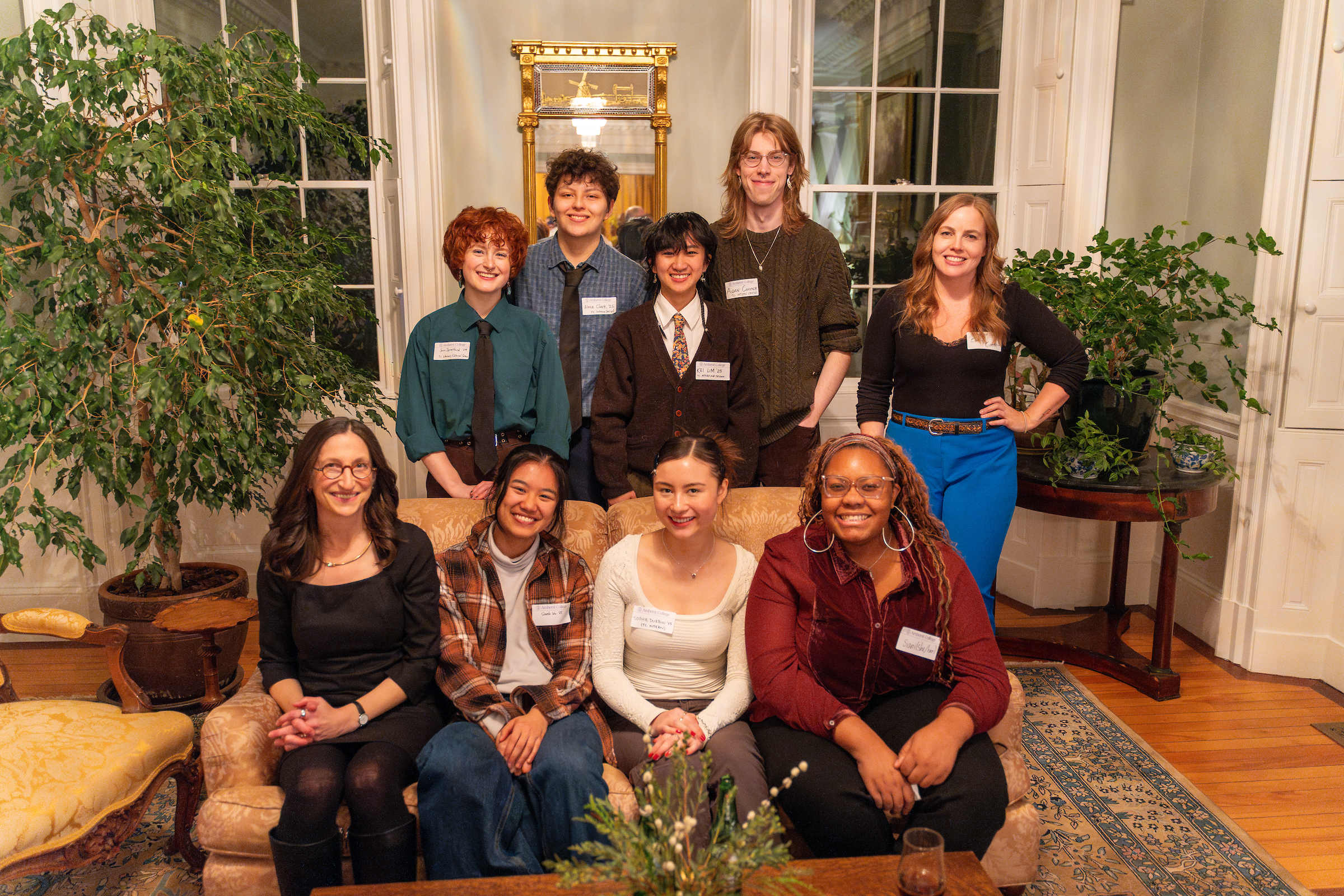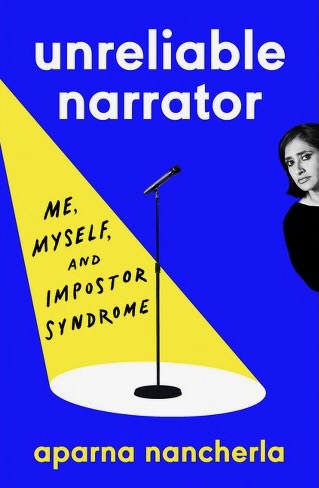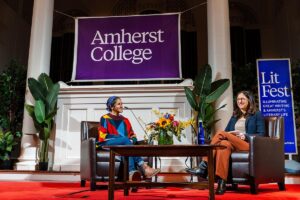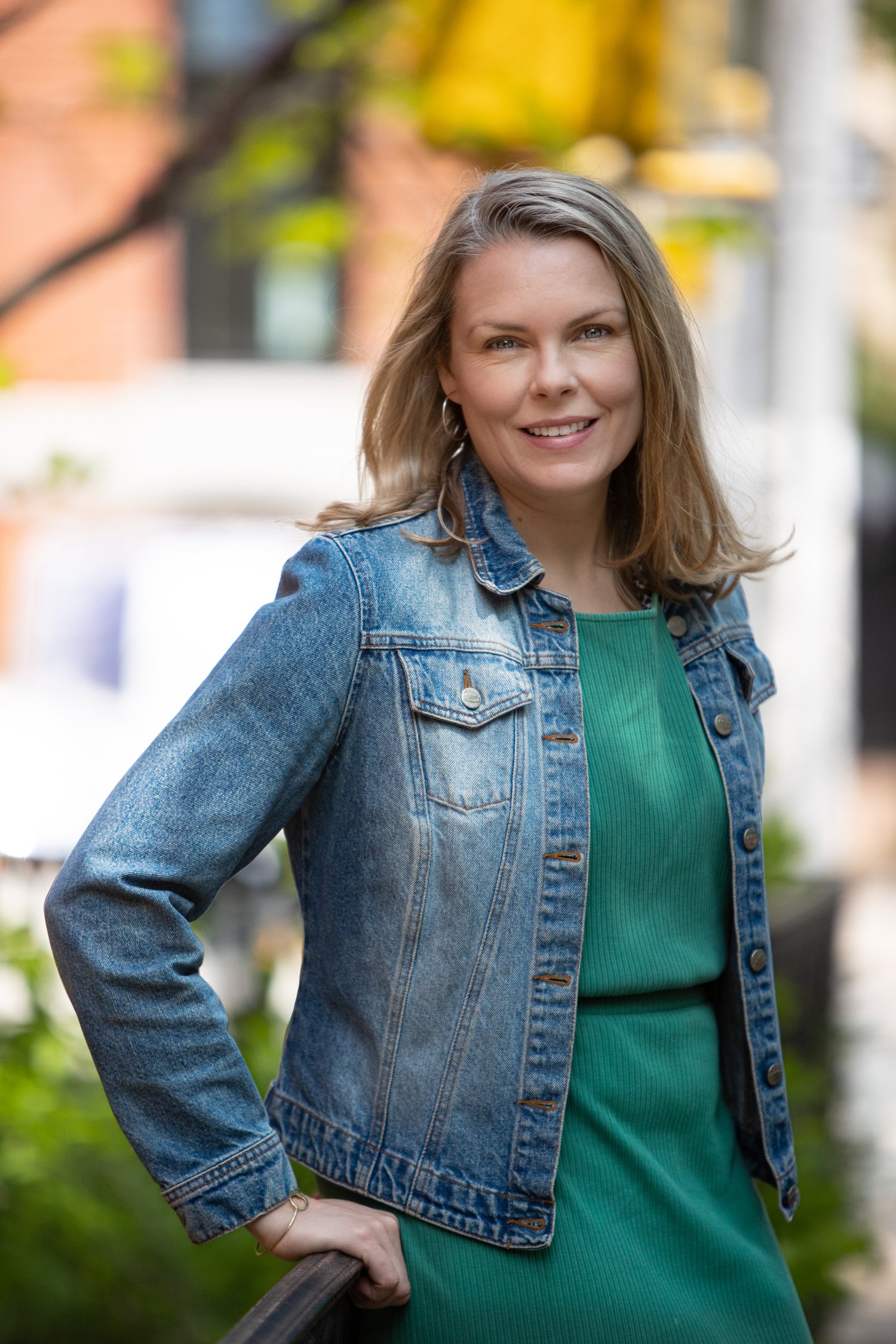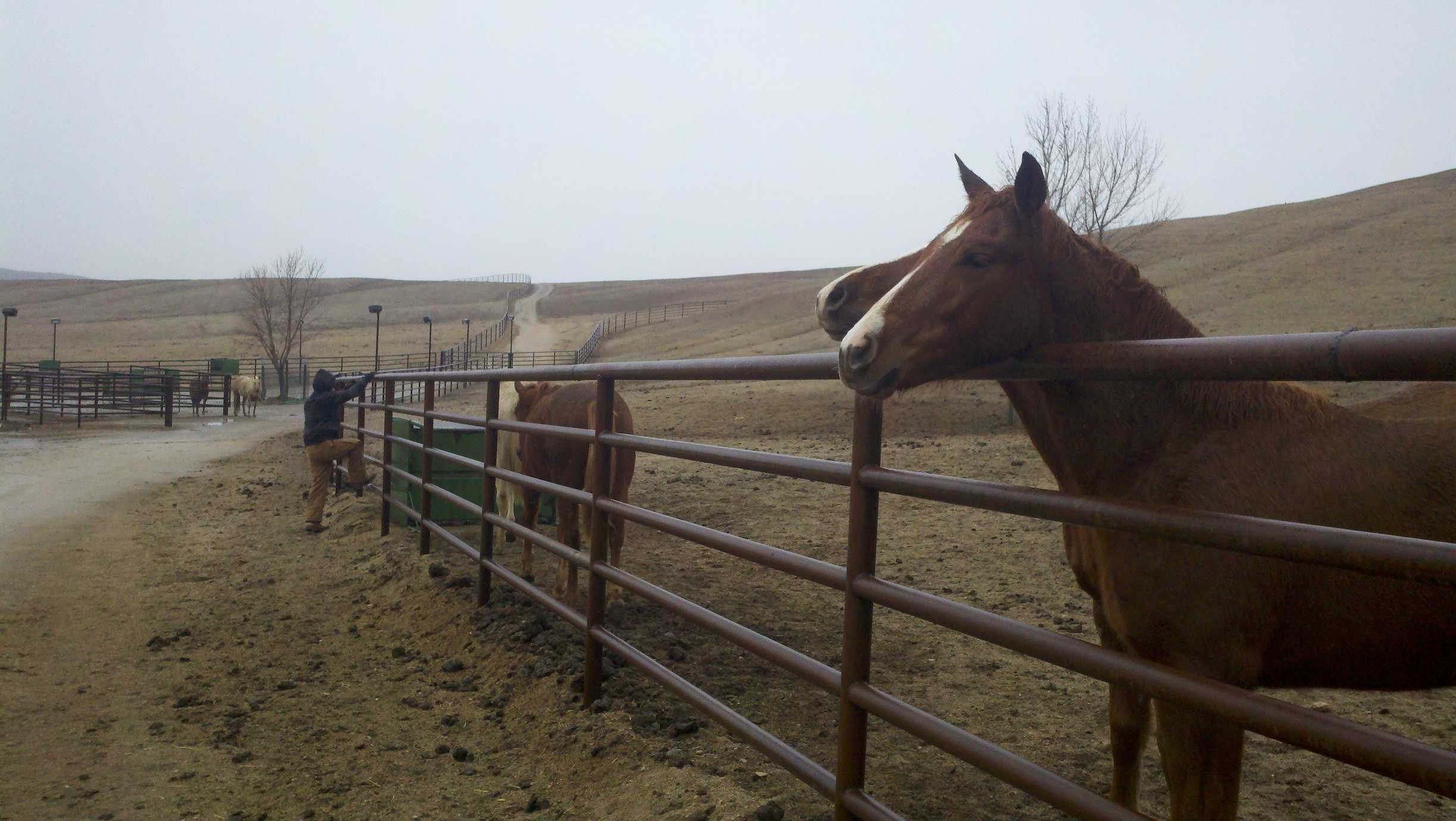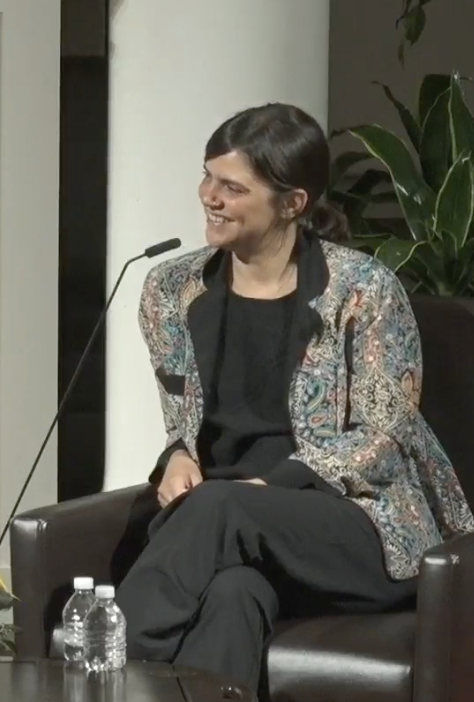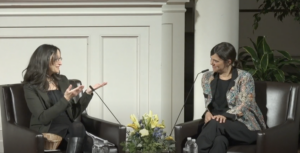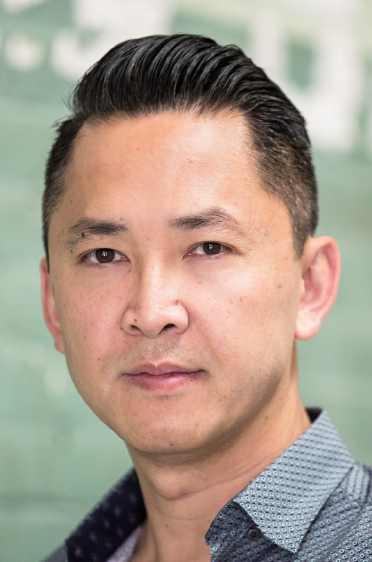With guest talks from physician Dr. Anthony Fauci and actor Jeffrey Wright, student and alumni readings, and a birthday party for The Common, this year’s 10th-anniversary LitFest was a celebratory occasion. From February 28 to March 2, 2025, attendees flocked to sold-out events in Amherst College’s Johnson Chapel, went behind the scenes with award-winning writers like Percival Everett, read poetry in the shadow of Emily Dickinson’s house, and celebrated the life and legacy of Amherst’s literary community.
Read on for a gallery of selected images and videos from LitFest 2025, and view all the event recordings here.
